[hr]
Can Peru’s efforts to eliminate child labor in cocoa production serve as an example for West Africa?by Anne Grigg
Last month the World Cocoa Foundation issued a stern statement that the measures taken by the cocoa and chocolate industries and by the United States and West African governments, “have not been sufficient to achieve significant reductions in the number of children working in unacceptable conditions in West Africa, often in circumstances defined as child labor.”
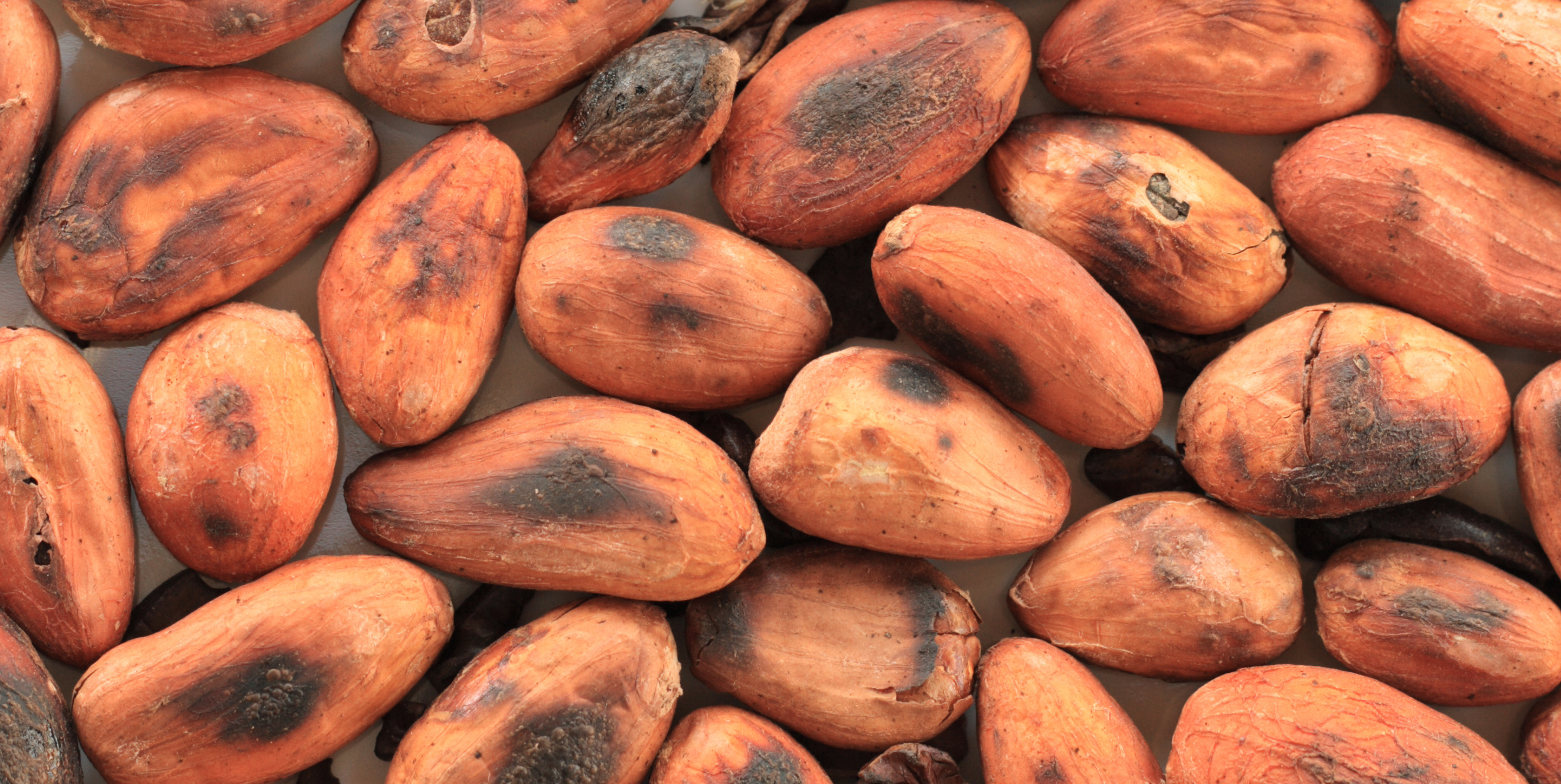
This call to further action comes almost a century after international attention was drawn to the child labor utilized to meet increased demand for cocoa in West Africa. The World Cocoa Foundation claims that reduction of child labor can only be achieved when we recognize it as a “shared responsibility,” one which will require the joint efforts of not only the cocoa industry and producing nations, but also of NGOs, consumers, and productive communities and families.
A source of inspiration for this effort can be found in the region that is the source of cocoa itself. The government of Peru —home to the Amazon where cocoa originated— has pledged to erradicate child labor, and is implementing a multi-faceted strategy with the help of Proyecto Semilla, a project supported by Peruvian, Ecuadorian, and American NGOs.
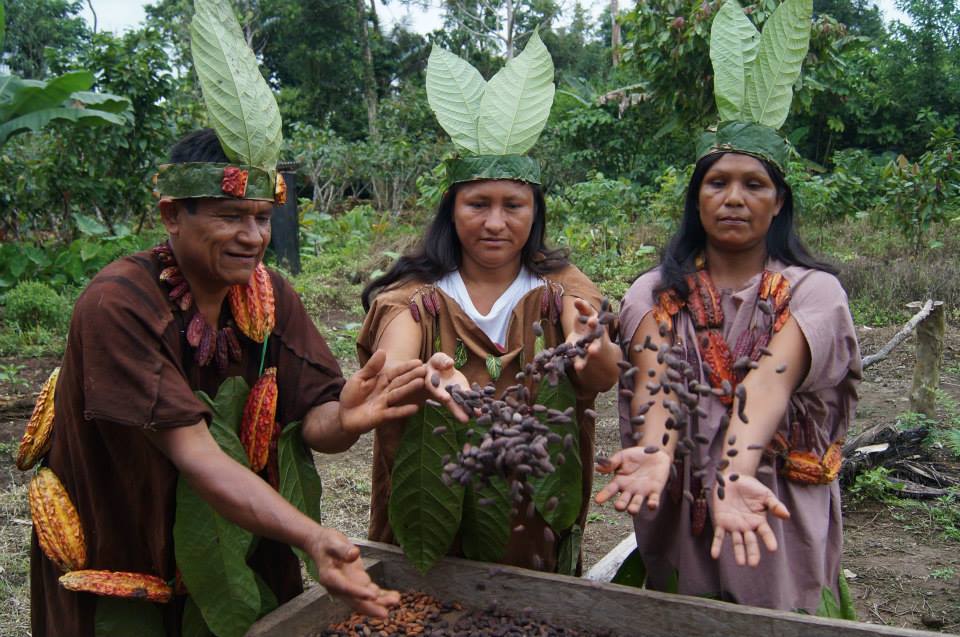
As the world leader in organic cocoa production, some Peruvian cocoa farmers are already a step ahead in reducing child workers’ exposure to agrochemicals, but cocoa production and processing is still a labor-intensive process, and children are often involved in harvesting and opening cocoa pods, both tasks requiring machetes and other dangerous materials, all while exposed to increased risk of accidents or illness due to the harsh, jungle conditions where cocoa is cultivated. In addition, while most cocoa production in Peru is carried out on small farms, eliminating the large-scale, near slavery systems (at times involving human trafficking) that can be found in Africa, it is common for these small producers to work alongside their families, children included. With 45,000 families directly involved in cocoa production, this means a lot of children are at risk of missing classes, and a great number of adolescents dropping out of highschool in order to earn regular wages on their family farms or on plantations.
Proyecto Semilla is addressing child labor on the farm by catalyzing change not only in cocoa production, but in its culture as well. In order to help communities to start anew after generations of full family participation on the farm, Semilla is conducting research, assisting in drafting child labor laws and policies, providing services to support school attendance and education quality, and raising awareness through campaigns and debates within producer families. In order to not only aid but incentivize the industry in this effort, Semilla provides supplies, training, and technical assistance to the small cocoa farmers to improve practices and productivity, and is supporting Producer Associations to improve their standards and achieving certifications.
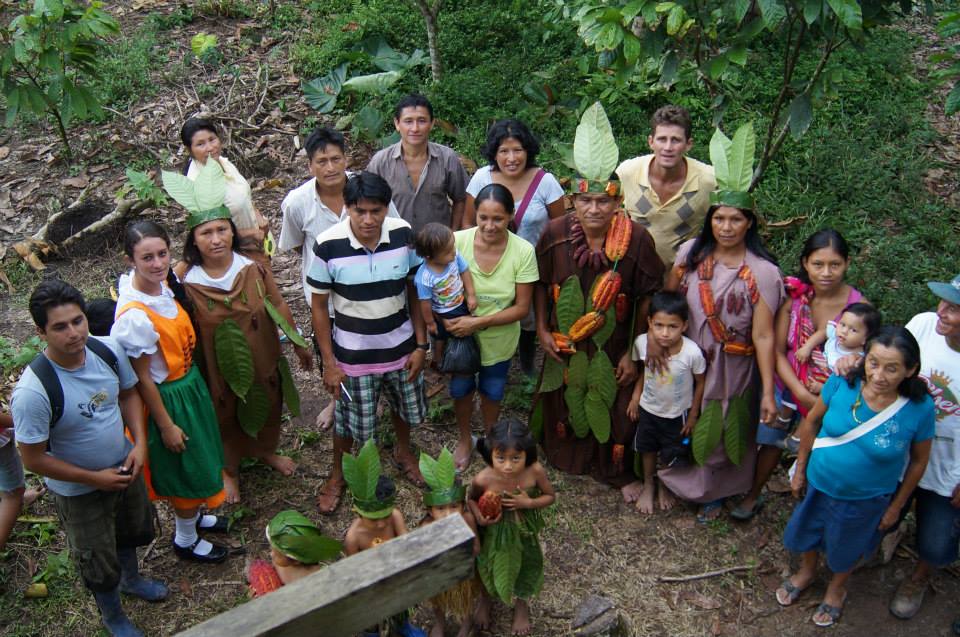
For example, the 61 members of the Industrial Association APASC SANCORE in Oxapampa, Peru, has committed to eliminating their children´s work on their farms, and to promoting their studies. Families´commitment to education is monitored biannually by both the Project and the Association, and those that meet their goals are awarded a seal, which represents a first step towards future certification. Semilla hopes that this example can be spread to other producer associations, and to fully incorporate “production free of child labor” as a social practice. And while these ideals spread amongst Peruvian producers, why not export them along with their famous cocoa? If we share the responsibility and decide that our sweets are sweeter when responsibly produced, we can help set the example as Peru is doing, and invite other governments, producers, and associations, to share the load with us.
Check out ASPAC SANCORE and other responsibly produced products in the Canopy Bridge producer directory.
Fair World Project
Int. Cocoa Initiative
[clear]
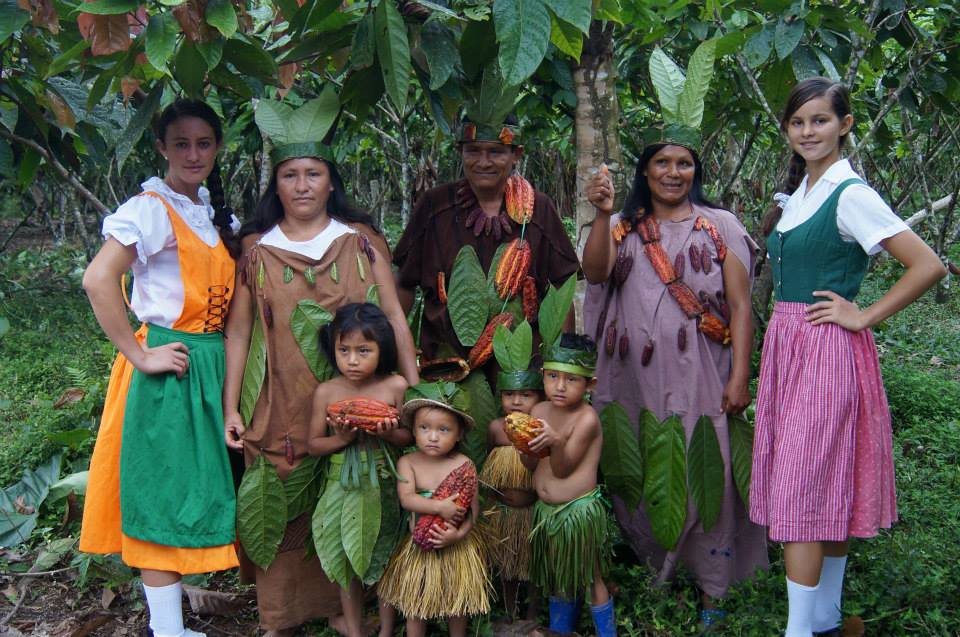

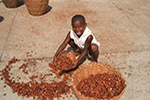
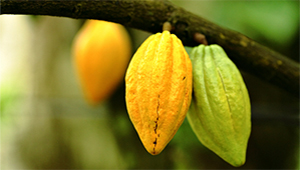
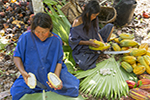


You have brought up a very fantastic points, appreciate it for the post.